A new study in one of the world’s top medical journals revealed excessive screen time can cause myopia in young people. Children and young adults have a higher risk of developing myopia, or short-sightedness, the research finds.
Researchers and eye health experts from Singapore, Australia, China, and the UK collaborated on the study. One of the experts included Professor Rupert Bourne from Anglia Ruskin University (ARU). The open-access research first appeared in The Lancet Digital Health.
Study authors poured over more than 3,000 studies investigating links between smart device use and myopia. The age groups in the studies ranged from 3 months to 33 years old.
After analyzing and calculating statistics from the studies, the authors came to a similar conclusion. They found that excessive screen time, such as staring at smartphones, can raise myopia risk by 30%. When taking into account computer use, the risk increases to about 80%.
With more children spending time at home during the pandemic, the research comes at a critical time. Millions of children have had to learn remotely due to school closures during the global pandemic. In addition, children have likely spent more time on digital devices for entertainment purposes. With more parents working from home, smart devices may have helped soothe kids during the workday.
Professor Bourne, Professor of Ophthalmology in the Vision and Eye Research Institute at Anglia Ruskin University (ARU), said: “Around half the global population is expected to have myopia by 2050, so it is a health concern that is escalating quickly. Our study is the most comprehensive yet on this issue and shows a potential link between screen time and myopia in young people.
“This research comes at a time when our children have been spending more time than ever looking at screens for long periods, due to school closures, and it is clear that urgent research is needed to further understand how exposure to digital devices can affect our eyes and vision. We also know that people underestimate their own screen time, so future studies should use objective measures to capture this information.”
Prevalence of myopia increasing worldwide as technology use skyrockets
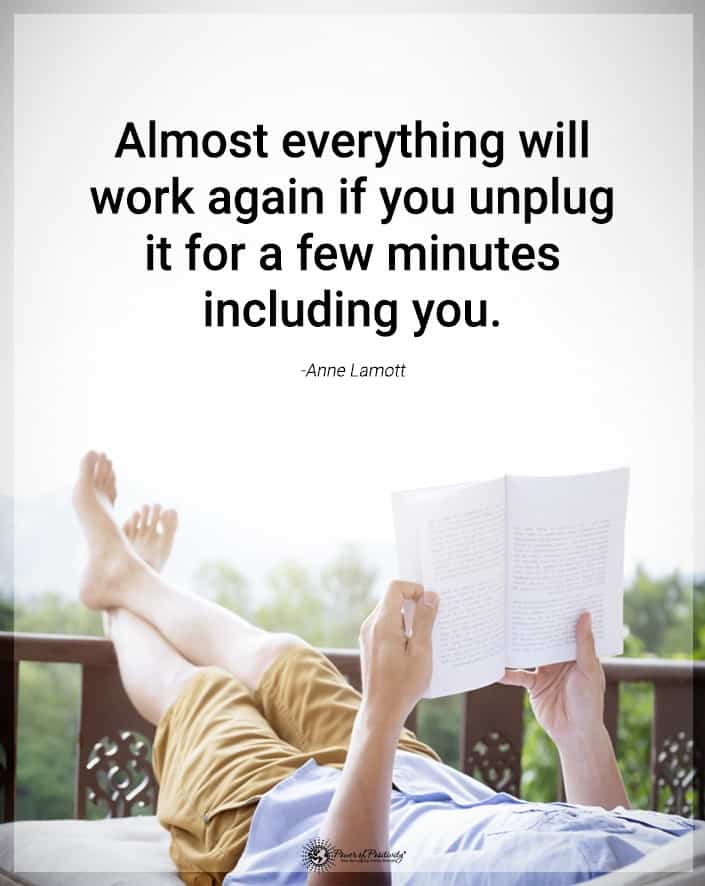 With more people using smartphones than ever before, it’s easy to see why our collective vision continues to worsen. Scientists have observed impaired vision occurring at younger ages and at accelerating rates. High myopia, usually defined as nearsightedness of −5 dioptres (D) or greater, is the leading cause of distant refractive error globally.
With more people using smartphones than ever before, it’s easy to see why our collective vision continues to worsen. Scientists have observed impaired vision occurring at younger ages and at accelerating rates. High myopia, usually defined as nearsightedness of −5 dioptres (D) or greater, is the leading cause of distant refractive error globally.
Experts have also observed a worrying trend of worsening myopia at stabilization, typically occurring in young adulthood. All of these factors may compound in the coming decades, leading to a global epidemic of high myopia.
Contacts and glasses help people with myopia see clearly, but they don’t fix the underlying problem. Severe myopia can eventually lead to complications such as irreversible blindness, macular degeneration, cataracts, retinal tears, and glaucoma.
Experts cite several environmental risk factors driving the myopia epidemic in urban, developed societies in particular. Two major risk factors include insufficient time spent in nature and increased near-vision work activities in childhood. Reading and using digital devices can exacerbate myopia, especially for children who engage for long periods in these activities.
The recent advent of digital smart devices like smartphones and tablets has spawned new types of near-vision work. Children use these devices for schoolwork, which means they’re staring at screens for eight or more hours per day. Making the issue even worse, they view these devices at closer distances than books.
While the rise in myopia cases predates the smartphone era, evidence shows that smart devices exacerbate vision loss. Population-based studies have revealed an association between excessive screen time and myopia, increased myopic spherical equivalent, and longer axial length. Some studies, however, haven’t found any links warranting more research on this topic.
Either way, staring at screens for hours a day can take a toll on our overall health. It’s not just vision loss we should worry about – smartphones and computers pose other threats to our well-being.
Other consequences of too much screen time
- Difficulty falling and staying asleep: The blue light emitted from smart devices tricks your body into thinking it’s morning, even at night. This interruption means your body won’t produce as much melatonin, making it harder to get quality sleep.
- The strain on the neck, head, and shoulders: Have you ever noticed that your neck hurts after looking down at your smartphone? Since your head weighs roughly 11 pounds, staring down at your device puts significant pressure on your neck and shoulders. Over time, the strain can weaken muscles in your neck, possibly leading to spinal damage.
- It makes you more antisocial: When you’re absorbed in your smart device, you tend to tune out the world around you. As a result, your social relationships in real life suffer the more time you spend in a virtual world.
- Affects cognition: The more we rely on smartphones to access information, the less our brains have to “think.” Passively looking at images and text on the phone makes our brains lazy, much like watching TV.
- Increases anxiety and depression: Overwhelming evidence links the rise in smartphone use with poorer mental health. This mainly stems from the use of social media. Comparing yourself to anyone in the world and communicating with them 24/7 doesn’t bode well for mental health.
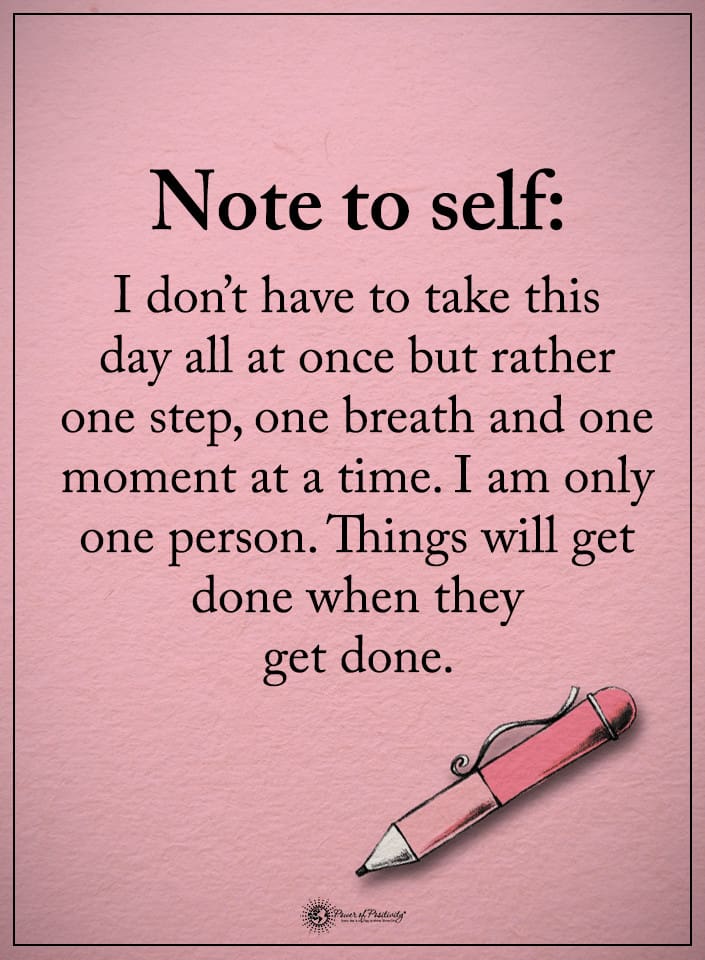 Final Thoughts: Study links increasing myopia to excessive screen time in young adults
Final Thoughts: Study links increasing myopia to excessive screen time in young adults
Smartphones and tablets have their place in society, but they have also undeniably wreaked havoc on our well-being. A new study found that rising smartphone use may explain increasing myopia in teens and young children. Everywhere you look nowadays, kids and teens alike have their faces glued to screens. These devices have educational applications, but it’s not healthy to look at them for more than eight hours per day.
Not only do smartphones and tablets cause vision loss, but they also can lead to poorer mental and physical health. As a society, we need to curb our appetite for technology and spend more time in nature. This alone would help improve our vision, literally and figuratively.



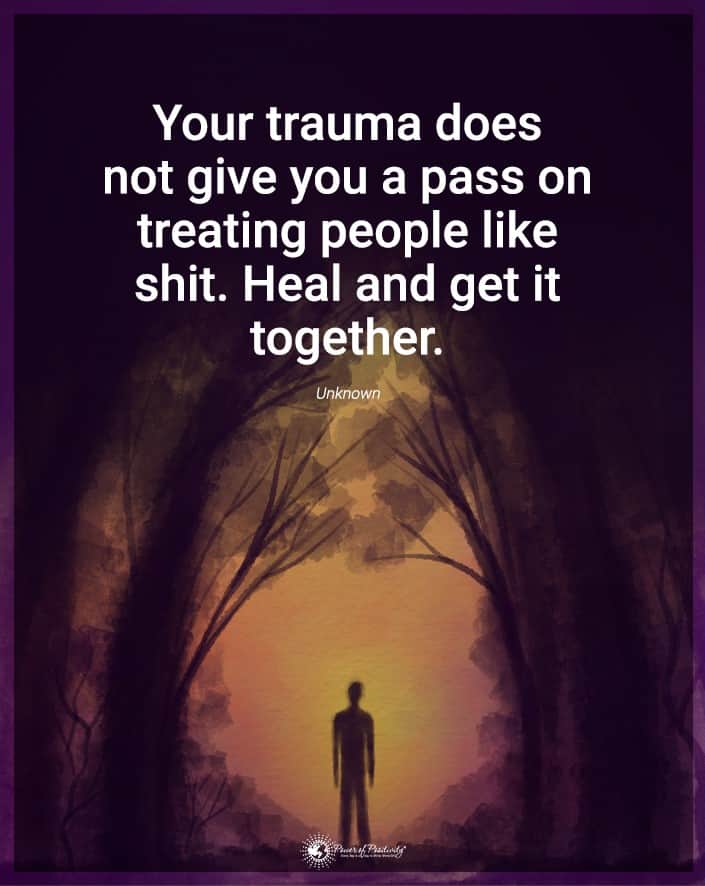
 3 Ways to Release Negative Thoughts
3 Ways to Release Negative Thoughts 2. Be Proactive in Working to Release Negative Thoughts
2. Be Proactive in Working to Release Negative Thoughts Final Thoughts On How To Release Negative Thoughts
Final Thoughts On How To Release Negative Thoughts A go-getter might look like your colleague at work who is always knee-deep in work. They might be those college students who never leave their dorm because they’re studying 24/7. Everyone knows at least one go-getter or has encountered one in the past. And you know they are serious, dedicated people.
A go-getter might look like your colleague at work who is always knee-deep in work. They might be those college students who never leave their dorm because they’re studying 24/7. Everyone knows at least one go-getter or has encountered one in the past. And you know they are serious, dedicated people.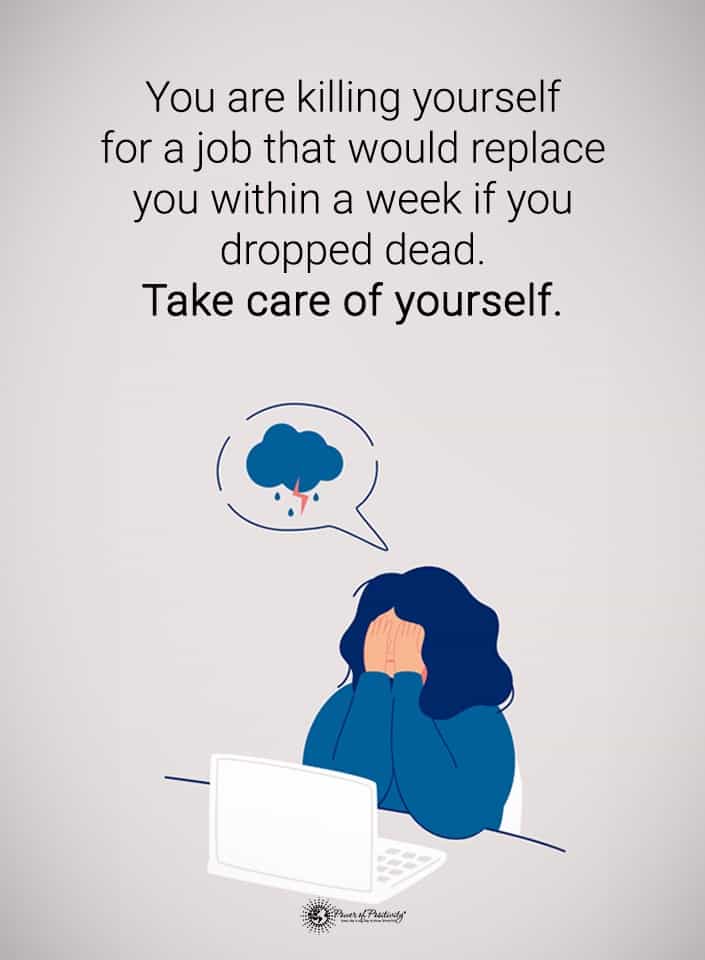 Learning life lessons after a failure
Learning life lessons after a failure Final Thoughts On Some Behaviors A Go Getter Displays Without Realizing It
Final Thoughts On Some Behaviors A Go Getter Displays Without Realizing It


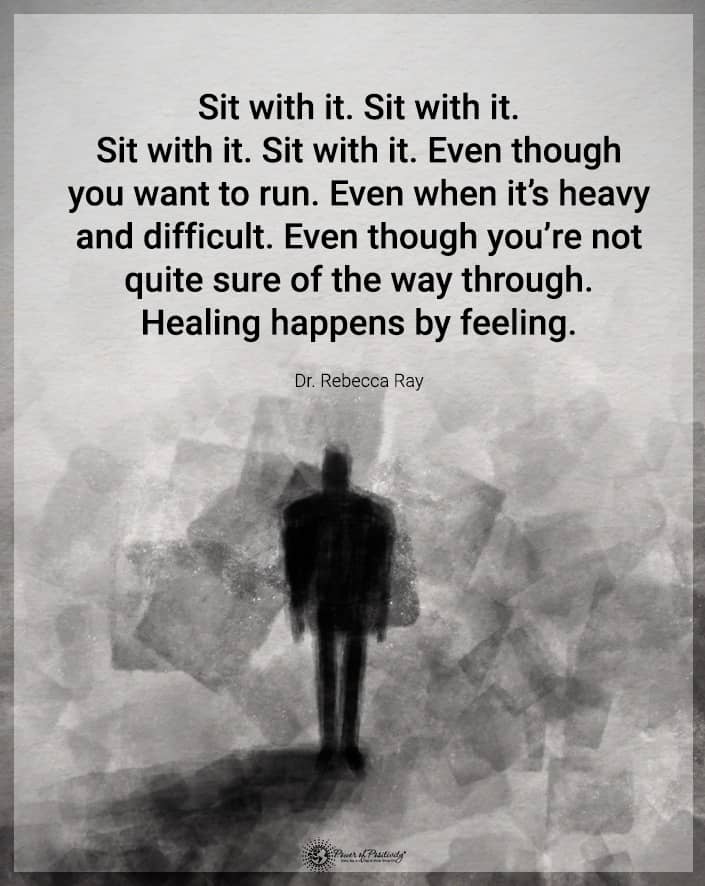 Professional Critiques and Negative Feedback
Professional Critiques and Negative Feedback 5. Find the Positive in the Negative Feedback
5. Find the Positive in the Negative Feedback Final Thoughts on Using Negative Feedback to Your Advantage
Final Thoughts on Using Negative Feedback to Your Advantage

